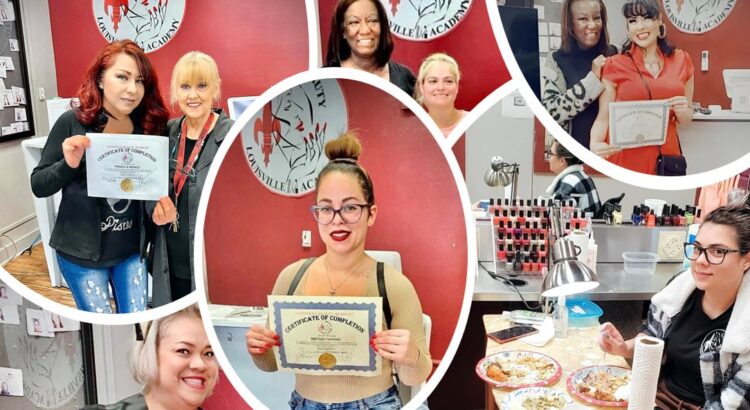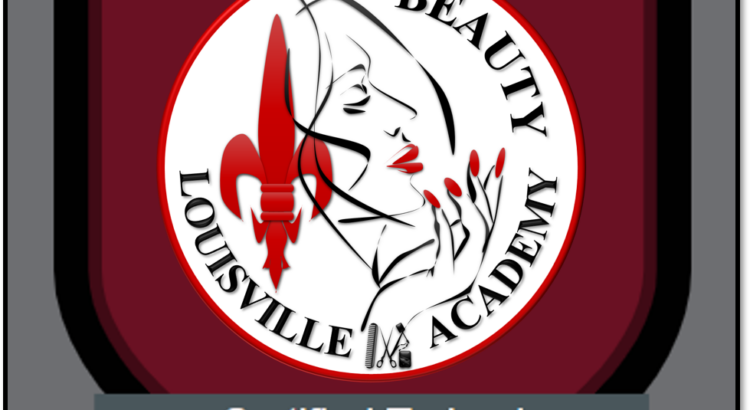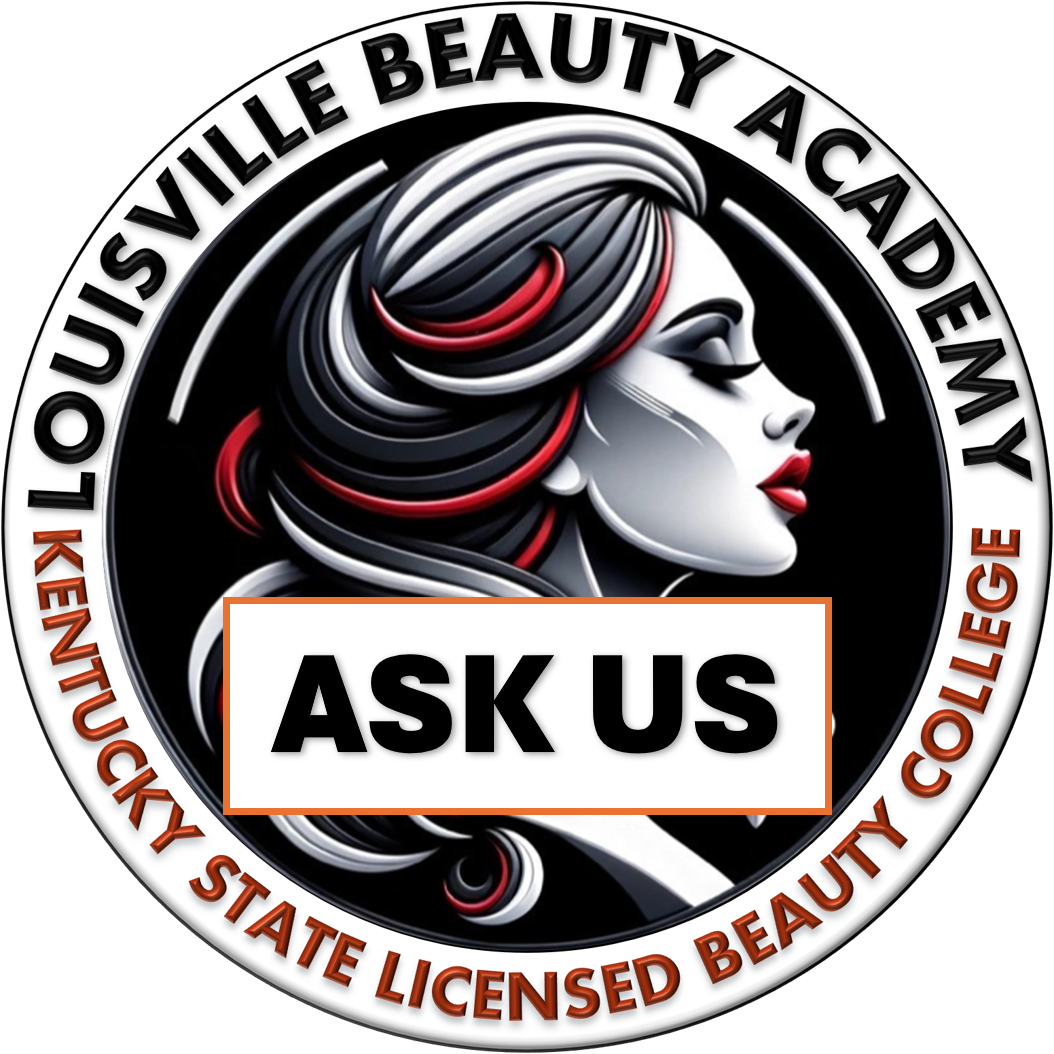Every year, from September 15 to October 15, the United States celebrates Hispanic Heritage Month, recognizing the diverse cultures, significant contributions, and rich histories of Hispanic and Latino Americans. It’s a time when communities come together to appreciate and highlight the values, traditions, and achievements of a vibrant part of the nation’s mosaic. This month aligns closely with the ethos of institutions like the Louisville Beauty Academy.
Founded by Di Tran, a Vietnamese immigrant who intimately understands the challenges faced by newcomers to the United States, Louisville Beauty Academy stands as a beacon of hope and opportunity. The academy has made it its mission to not only train but to uplift and empower underrepresented populations, including immigrants from a wide array of backgrounds such as Asian, Latino, Burmese, Indian, Ukrainian, European, and many more.
Di Tran’s journey mirrors the experiences of many Hispanic immigrants who come from countries such as Cuba, Mexico, Spain, and beyond. Each of these individuals, whether they hail from the bustling streets of Havana or the historic lanes of Madrid, brings with them a unique skill set, rich experiences, and often, professional qualifications from their home countries. However, integrating into the American system, especially when faced with language barriers, can be daunting.
Yet, at Louisville Beauty Academy, there is an understanding of these challenges. As Di Tran often says, “We live diversity and inclusion; we do not talk about it.” This isn’t merely a statement. The academy has successfully trained and graduated thousands, with a keen emphasis on ‘Smile Creation,’ a mindset building aspect that adds an extra dimension to their teaching methodology.
The beauty industry is thriving, but it faces a severe shortage of licensed professionals. Salons and spas are often on the lookout for skilled workers but find the demand outpacing the supply. Here, Louisville Beauty Academy steps in, fulfilling a dual purpose: addressing the workforce gap in the beauty sector while also aiding immigrants, often with minimal English proficiency, to rise to the status of KY State licensed professionals.
In doing so, the academy isn’t just producing licensed professionals; it’s molding new Americans. As Di Tran puts it, “We make new Americans from immigrants.” This vision transcends mere skill training. It’s about giving people the tools to integrate, to belong, and to contribute positively to their new homeland.
As we celebrate Hispanic Heritage Month in 2023, institutions like the Louisville Beauty Academy remind us of the strength that lies in diversity. They exemplify the American dream, where hard work and determination meet opportunity, and where every individual, regardless of their background, can find a path to success and belonging.
In conclusion, while the beauty industry continues to flourish and salons seek skilled professionals, Louisville Beauty Academy stands out as more than a training institution. It is a place of hope, inclusion, and empowerment, turning challenges into opportunities, one graduate at a time.
P.S. For those seeking deeper insights into the ethos and principles guiding the vision of Louisville Beauty Academy, Di Tran’s book “Drop the ME and focus on the OTHERS” is a must-read. This work not only delves into the personal journey and struggles of Di Tran as an immigrant but also crystallizes the philosophy that has driven the academy’s success. The book emphasizes the importance of looking beyond oneself and serving the community, echoing the foundation upon which the academy stands. Whether you’re an aspiring professional, an educator, or someone interested in the power of selflessness, this book offers valuable lessons on life, leadership, and the transformative power of altruism.







